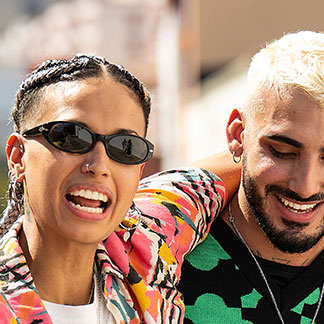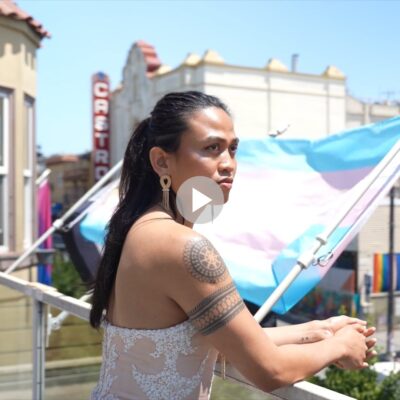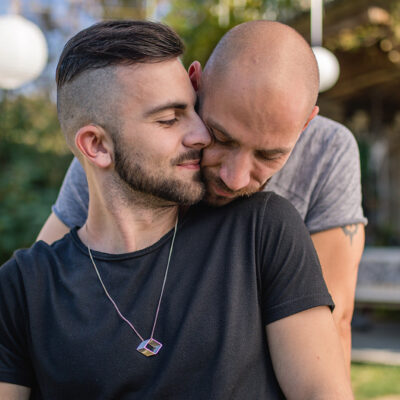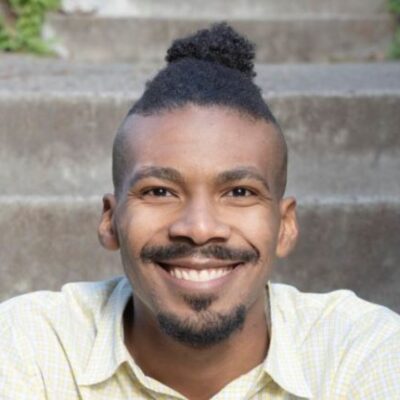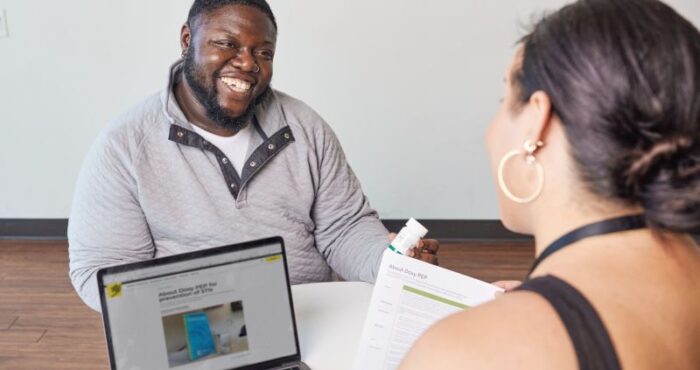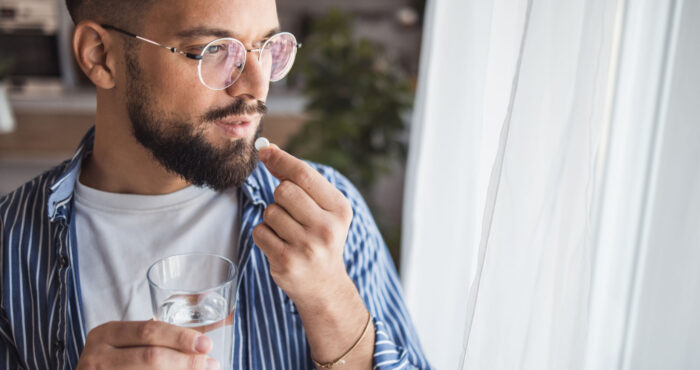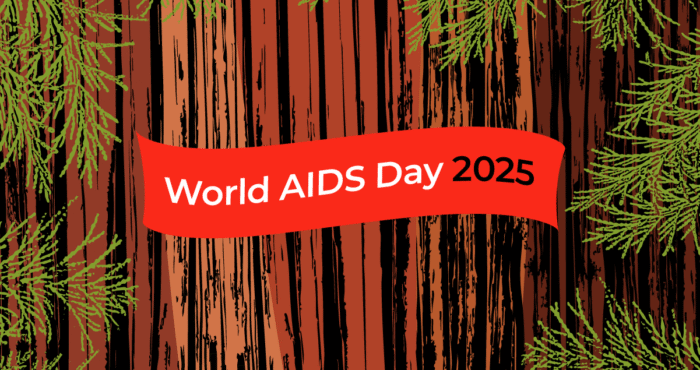Learning to love–without conditions
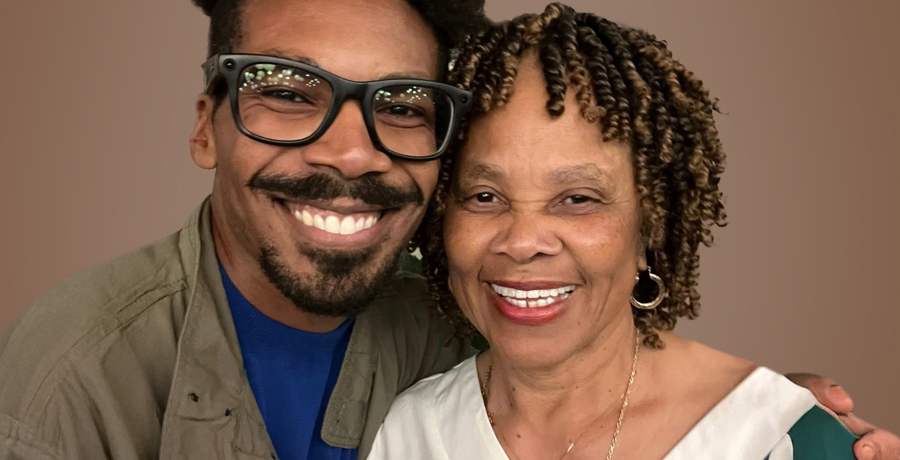
The California sun hits differently than it does back home in South Carolina. Grandma notices it too – she says it’s “clearer somehow,” though I’m not sure that’s quite right. But that’s the thing about Grandma – she’s always trying to find the right words, even after they’ve escaped her.
This is her fourth time visiting me in the Golden State. Each time, she packs her small-town sensibilities into a carry-on way too big for carry-on and flies across the country, determined to understand my world. It’s no small thing for a woman who still gets her news from the 5 o’clock evening news and goes to the same church she’s attended for twenty years.
But that’s Grandma – she’s willing to be adventurous. Some say that’s just who she is, and always has been. But I’d like to think it’s because she takes her role as Grandma so seriously. She’d find a way to visit me even if age caught up with her and she needed Depends for the flight. Nothing – not dignity, not pride, not even a rebellious bladder – would keep her from seeing her first born grandchild. In fact, each of her 12 grandchildren’s names are tattooed on her arms and legs, and I don’t take it lightly that as the first, my name takes up the largest real estate.
And to be honest, I revel in using this influence over her and try to put it for good. Like, if anyone could get grandma to do something, I think I could. That’s why I didn’t think twice about taking her to a Deaf Drag Residency Program the other night because I wanted her to meet some of my friends. I had interviewed the creators for San Francisco AIDS Foundation and was excited to see the culmination of their hard work. It actually wasn’t that hard, though, to convince Grandma. “I used to help nurse deaf clients,” she reminded me.
The lights were pulsing, hands were flying in expressive ASL, and the energy was electric. And it was all being conducted in Harvey Milk’s old storefront, which is now home to Queer Arts Featured, or Queer AF. Local artists’ work was featured on the shelves such as a “penis incense burner.” Grandma sat there, perched on the edge of her seat, taking it all in with wide eyes. When she pointed to one of the performers and asked, “Is that a boy or a girl?” I just shrugged. I filed the moment away for later, hoping that her voice slid under the loud music enough that no one heard her ask that.
The next day, as soon as I woke up, I sent her a video about gender. “Watch this,” my text commanded. Before I could even start the conversation in real life over breakfast that I’d been rehearsing in my head, she surprised me. “I’m sorry if I said something wrong,” she said, her voice soft with memory. “I had a friend who did drag. Al.” Her eyes grew distant. “Everybody loved Al. You had to be crazy not to love Al,” she said, shaking her head.
Then she paused, her hands twisting in her lap the way they do when she’s about to share something heavy. “I worked in the hospital back then,” she said. “Al died the same way so many beautiful men died back then.”
“They put them in a separate wing,” she continued, her voice barely above a whisper now. “One of the ladies, another nurse, was pregnant and refused to go in there. They made us wear gloves, masks – everything. Said we couldn’t touch ‘em.”
Her eyes met mine, fierce suddenly. “But I couldn’t do that to Al. Not to Al. The night before…” she stopped, collecting herself. “The night before he died, I held him in my lap. No gloves. No mask. Just trying to get him to eat something, anything. He was so thin by then.”
“He’d been sick for so long, but somehow when the illness hit him, it finally hit him. Hard.”
Sitting there, watching my grandmother relive this profound loss, quiet tears slid down my cheeks.
“What did he die of, Grandma?” I asked, already knowing the answer but needing to hear her say the words.
“AIDS.”
Here I was, her first-born grandson, thinking I needed to teach her about acceptance. But she’d been quietly carrying these lessons all along, learned in the darkest days of a crisis that stole so many bright lights like Al.
I was ready to use my influence as her admired first born grandchild to teach Grandma about what drag really means. It’s about self-expression and art and culture and stepping outside of society’s rigid expectations of who we’re supposed to be. But there I was, mouth half-open with my carefully rehearsed lecture sitting in the back of my throat. Grandma had pulled out her own master class in acceptance, learned decades ago in a hospital wing that most people were too scared to enter.
Four visits to California, countless conversations, and endless love – that’s my grandma. She might struggle to describe the clear California sun or find the perfect words for gender identity, but she knows what it means to love without conditions. She knows what it means to hold someone when the world says to wear gloves, to see the person beyond the fear and prejudice. AIDS taught Grandma something profound, and now that lesson carries on with me.

